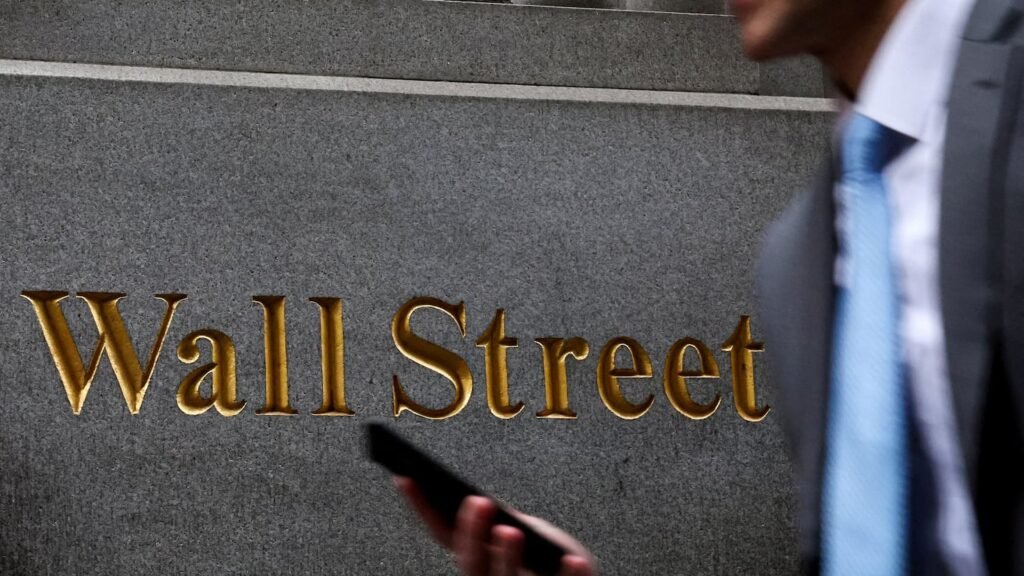Americans are pumping their money into the stock market like never before as Wall Street continues to hit record highs. More of the nation’s household finances are tied up in stock directly or indirectly than ever before.
Federal Reserve data shows that the level reached 45% in the second quarter reports CNN and that is raising red flags for economists. Should the markets sour, a looming possibility as the labor market weakens and inflation refuses to come down, it could spell trouble for Americans’ finances.
Economists worried about too many eggs in one basket
With so much concentration of people’s financial assets in their stock market portfolios, economists like Jeffrey Roach at LPL Financial says that Wall Street “has more influence on the economy, for good or ill.”
“The impact of a stock market melt-up or a meltdown — it goes both ways — is going to be much more impactful across the economy than, say, just a decade ago,” he told CNN.
Chief markets economist at the consultancy Capital Economics, John Higgins, said that “the current very high share of equities is a red flag to watch closely.” His company sees the S&P 500 making future gains this year and next on the back of the AI fervor but alarm bells should be ringing in his opinion.
Growth in the stock market has been primarily driven by the Magnificent Seven tech stocks, which include Alphabet, Amazon, Apple, Meta, Microsoft, Nvidia and Tesla. Almost 41 percent of the gains in the S&P 500 this year have come from these tech giants and they make up 34 percent of its market value.
The problem with the ‘K-shaped economy’
Wealthier Americans tend to own more stock than their less-well-off counterparts. While the latter that makes up the bulk of society, which is living off stagnating wages, are struggling, the well-to-do are riding high and feel like they’re doing extraordinarily well,” explained Michael Green, chief strategist at Simplify Asset Management.
This is leading to worries that the economy is becoming ‘K-shaped’, with the rich getting richer and the poor getting poorer. And there in lies part of the problem.
Those with incomes in the top 10 percent are keeping the economy moving right now, accounting for nearly 50 percent of consumer spending. They are able to keep that up thanks to their increasing net worth from the surging stock market.
If the markets tumble though, that spending could dry up as they batten down the hatches to brace for difficult economic times ahead. That would further aggravate a worsening situation and could lead to a protracted downturn for the US economy.
Related stories
Get your game on! Whether you’re into NFL touchdowns, NBA buzzer-beaters, world-class soccer goals, or MLB home runs, our app has it all.
Dive into live coverage, expert insights, breaking news, exclusive videos, and more – plus, stay updated on the latest in current affairs and entertainment. Download now for all-access coverage, right at your fingertips – anytime, anywhere.

